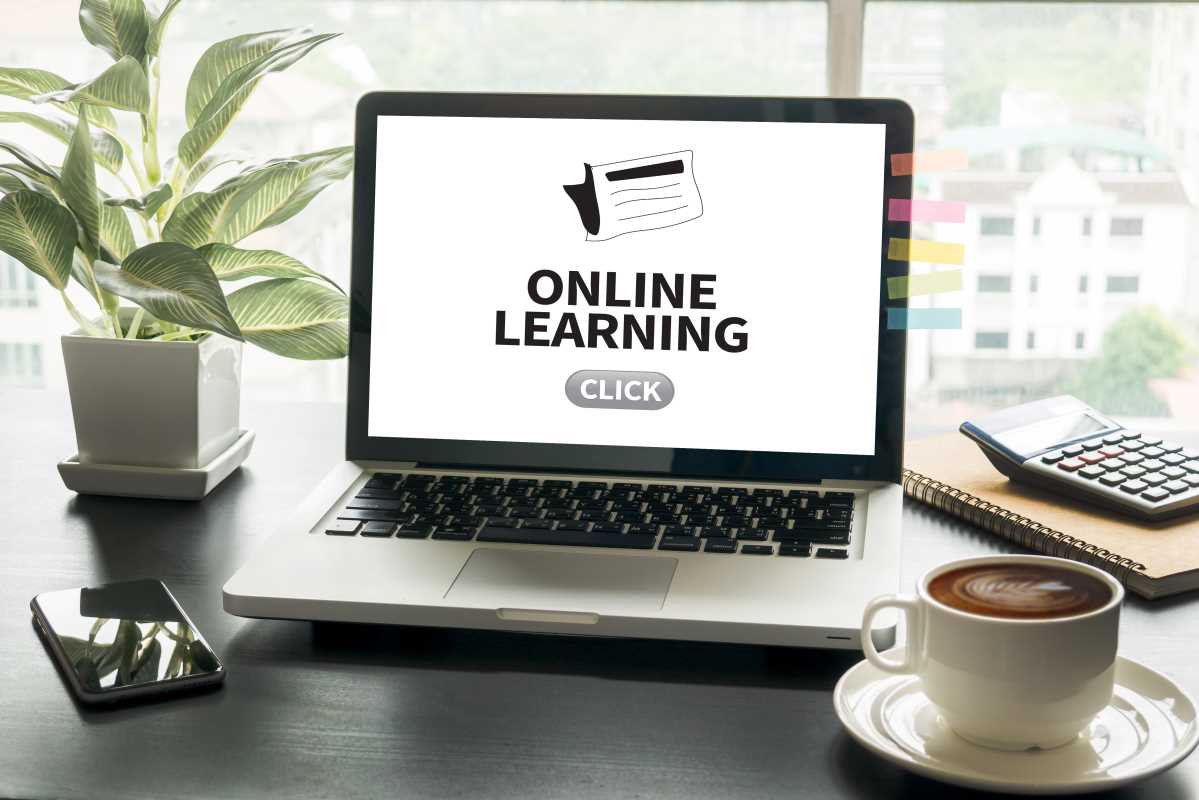What’s the best part of school? Many people would say it’s the people you meet and the friendships you build. But when you’re taking classes online or hybrid (part online, part in-person), making those connections can feel a little tricky. How do you bond with classmates when you’re not sitting next to them every day? Or how do you get to know your teacher when they’re just a face on a screen? The good news is, building meaningful relationships in these types of courses isn’t impossible. Once you know a few simple strategies, you might even find it easier than you think!
Why Connections Matter in Online Classes
It might be tempting to think of online and hybrid classes as nothing more than logging in, completing assignments, and signing off. But making connections with your classmates and instructors is beneficial for a ton of reasons. First, it makes school feel less lonely. Knowing a few friendly faces (virtually or otherwise) helps create a sense of community. Second, connecting with others often boosts motivation. When we care about who we’re working with, we're more likely to stick with it. Lastly, forming solid relationships can be helpful for networking in the future. Your peers and teachers now may become collaborators or mentors later on.
At the end of the day, it’s just more fun when you’re not doing it alone.
1. Start Small with Introductions
To make connections, you don't have to be the life of the Zoom call. It all starts with a simple introduction. Many online and hybrid classes begin with an “introduce yourself” discussion board or activity. Don’t skip this! Share a little about who you are, like a fun hobby, what you’re excited to learn, or even a favorite TV show. Be real but approachable. When others respond, reply back, and even better, ask questions. For example, if someone mentions they like soccer, you might ask, “What position do you play?” Small interactions like this can be the foundation of a friendship.
If there’s no introduction activity, take the lead by contributing to a discussion or sending someone a friendly message after noticing you share similar interests.
2. Show Up (It Matters!)
Whether your class is live (like video calls) or self-paced with deadlines, showing up consistently can make a huge difference. If your online class has scheduled video meetings, turn on your camera when you’re able. Seeing faces helps everyone feel more connected, and your body language communicates way more than words sometimes. Nod, smile, and engage with whoever is talking. It tells people, “Hey, I’m here, and I care.”
If your class is more flexible and doesn’t meet live, being active in discussion boards or group chats is kind of like “showing up.” Respond to posts, share your insights, and participate thoughtfully! People will start recognizing your name and appreciating your input, which builds connections over time.
3. Make Use of Group Activities
Group work might sound tedious, but teamwork in online and hybrid courses can actually be a great way to connect and bond with classmates. Think of it as a built-in opportunity to work one-on-one with others, especially if you find the idea of chatting with a whole group a little intimidating. When you're paired with classmates for a project, speak up early and establish communication (a group chat, email thread, etc.). Be the person who suggests ideas and keeps the team on track. Not only does it show you're reliable, but it makes others feel at ease working with you.
And don’t forget, building connections through group work doesn’t have to be all business. Taking five minutes to casually chat or share a meme related to your assignment can help create a fun and relaxed dynamic.
4. Take Advantage of Teacher Office Hours
Office hours aren’t just for when you’re struggling! They’re an underrated chance to connect with your teacher on a more personal level. During office hours (whether virtual or in-person), you get the bonus of one-on-one interaction. Use this time to ask questions about assignments, discuss your interests in the subject, or even ask for advice about school in general.
Building a rapport with your teacher won’t only make you more comfortable during the course, but it could lead to mentorship opportunities or recommendations in the future. Most educators love when students actually want to talk to them!
5. Participate Authentically
Your classmates and teachers can tell when someone just adds quick, robotic responses to forums or discussions to “get it over with.” If you want to create meaningful connections, bring your personality into your replies. Share your thoughts, give genuine compliments, and add thoughtful comments when responding to others. For example, instead of saying, “I agree,” try something like, “I really liked your point about __ because...” It shows you’re not only participating but also paying attention to what others say.
This applies to live video calls, too. Don’t be afraid to raise your hand (or click the digital button!) and speak up. It’s another great way to show your authenticity and make yourself memorable to your peers.
6. Use Social Media or Study Apps
Some students take their connections beyond class by forming social media groups, like private Discord servers, Facebook groups, or study apps like Quizlet. If someone suggests creating a group to chat about assignments, join in! These spaces often feel more casual than official forums, making it easier to bond with people. Just be sure to keep it respectful and stay focused when it comes to actual school content.
And don’t forget, you can always create a group yourself if one doesn’t already exist. Your classmates might appreciate your effort!
7. Be Patient and Open-Minded
Finally, remember that building meaningful connections doesn’t mean you’ll instantly click with everyone or form lifelong friendships right away. Like in any setting, some relationships take time to grow. Stay patient, and don’t hesitate to reach out to others even if you’re feeling a little shy. Most of your classmates are probably just as eager to make friends but aren’t sure how to start.
Also, keep an open mind. You may discover connections with people you least expect, like someone from another country or someone who has completely different hobbies from yours. Those differences can spark interesting conversations and broad perspectives.
Making connections in online and hybrid courses might take a bit of extra effort, but it’s so worth it. All it takes is being present, reaching out, and staying genuine. Give it a shot, and you might be surprised just how meaningful these connections become!







